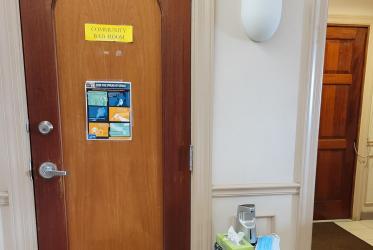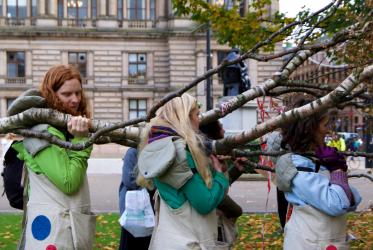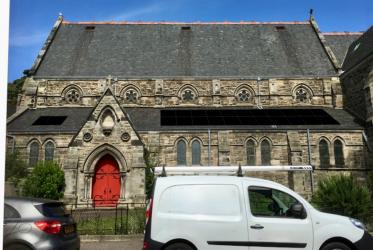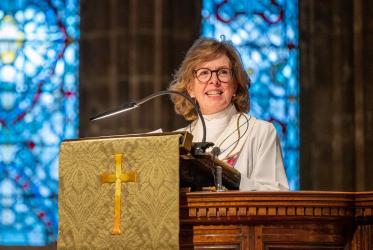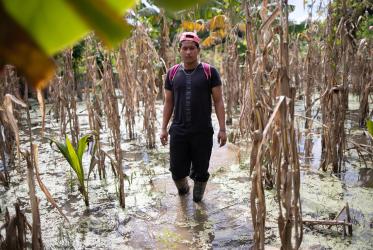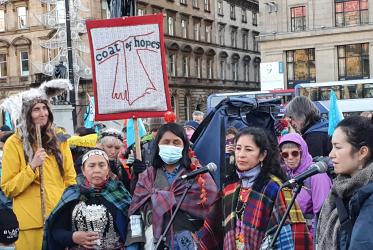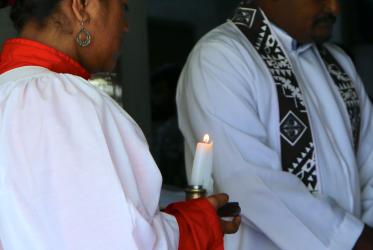Displaying 141 - 160 of 559
WCC stands in solidarity with victims of major flood in Brazil
17 February 2022
“Bathroom ministry” for the homeless
14 December 2021
African church leaders train in leadership, diakonia and development
12 November 2021
Photo exhibition portrays stark reality of climate change
09 November 2021
Protecting Ethiopia’s church forests
27 October 2021
Climate crisis fuels existing water injustice
27 October 2021
Webinar remembers past massacres in the Pacific
21 October 2021



